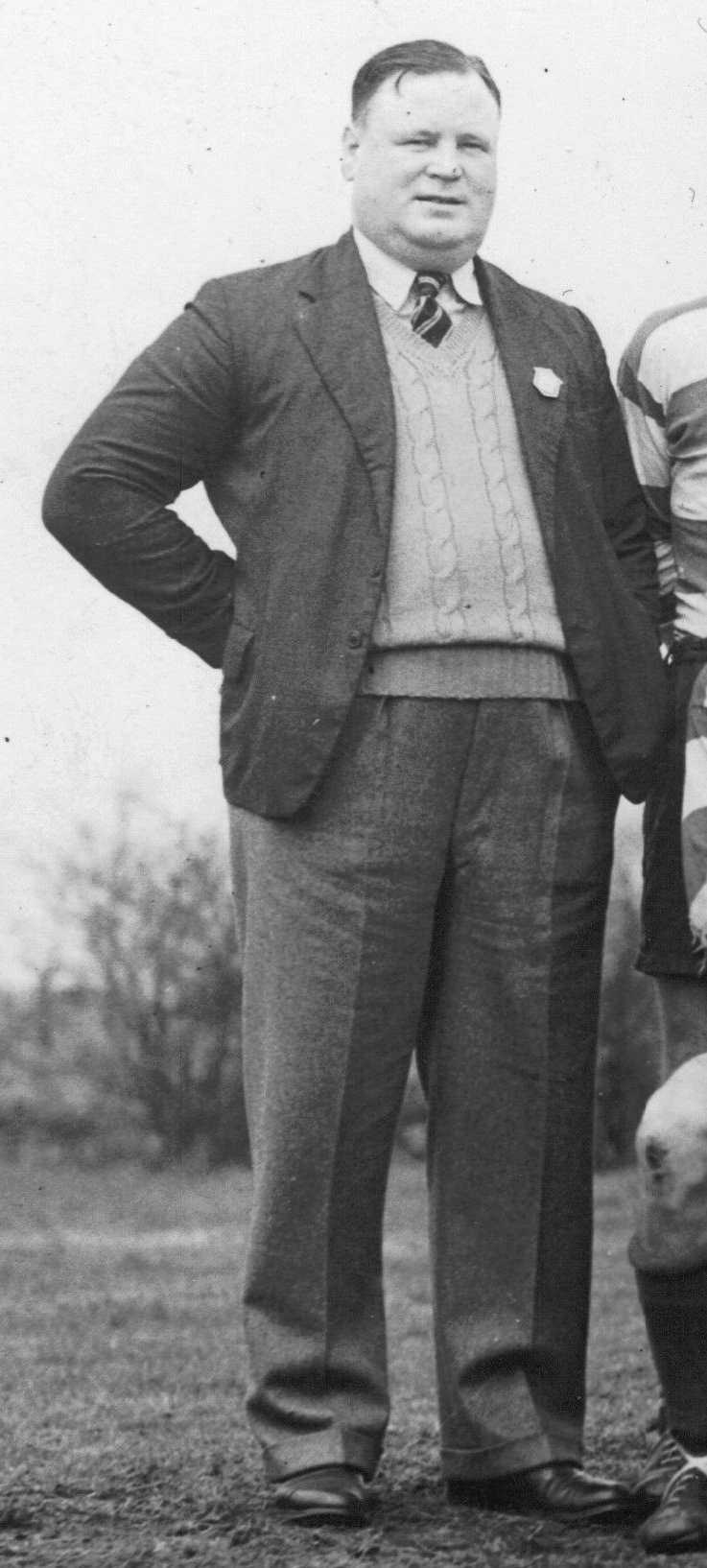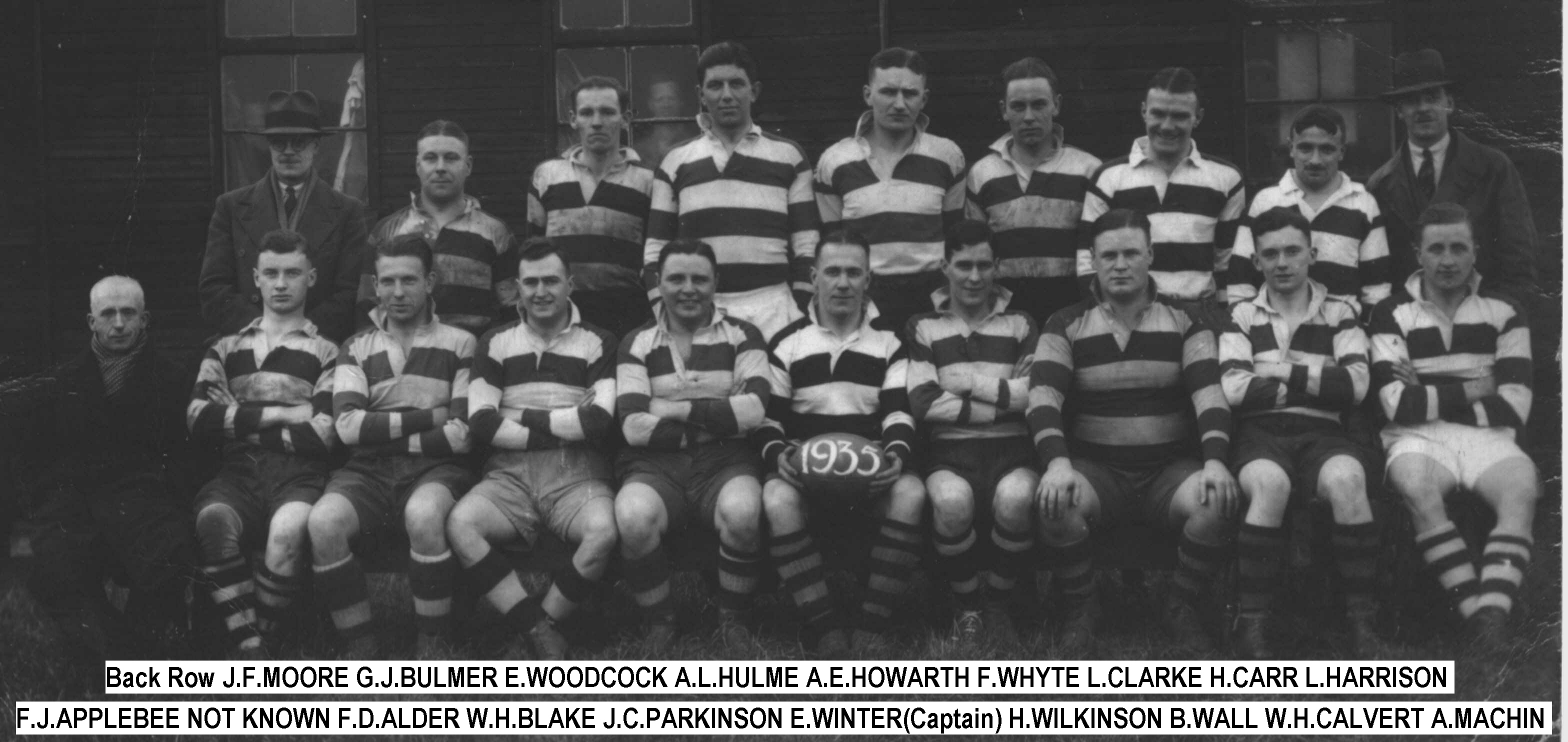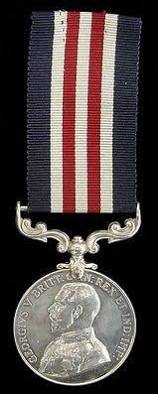Written and researched by David
Bohl,
with the kind help of historians world wide
Bernard "Barney" Wall M.M.
Bernard
"Barney" Wall was born 1909 in
Liverpool and played for Sefton in the 1930's as an imposing
prop-forward.
During WW2 Barney joined the Royal
Regiment of Artillery(Liverpool) and he was posted with
12th
Field
Regiment RA to defend Malta.
Malta played an important part in the Mediterranean campaign of WW2.
The
valour
shown
by the people of Malta was
rewarded when George VI
awarded the island the George Cross. Malta’s strategic
position
in the Med was key to the island’s importance as Royal
Navy ships and RAF aircraft used the island as a base to attack Axis
convoys trying to supply their forces in North Africa. The
Navy’s
‘
K
Force’ was based at
Malta.
In late 1941 Field Marshal Kesselring took over command of the
Luftwaffe in Italy and he made his plans for Malta. By the beginning of
March 1942, Kesselring had a formidable force at his disposal
–
500 Stukas, between 200 and 300 Me-109’s and numerous
Ju-88’s. He could also call on Luftwaffe bombers based at
Sardinia.
The bombing peaked in April 1942. The docks at Valetta were heavily
damaged and such was the constancy of the raids that time was barely
available to make good repairs. While many were injured in the bombing
raids, there were remarkably few fatalities. However, medical supplies
were scarce.
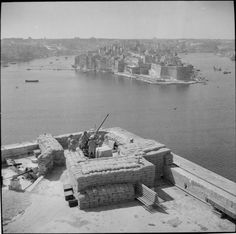
[eng.wikipedia.com]
While submarines could bring in supplies of ammunition and medicine
using night as a cover, they could not bring in fuel that was in very
short supply on the island. ‘
Operation
Pedestal’ was carried
out in August 1942 to rectify this.
Fourteen merchant ships were involved with
‘Pedestal’
though only five got to the Grand Harbour in Valetta. One of these
survivors was the tanker ‘Ohio’ that brought with
it much
needed fuel – enough to last for ten weeks. While
‘Pedestal’ succeeded in getting fuel and 32,000
tons of
supplies to Malta, it was at a cost. 400 men lost their lives and the
aircraft carrier ‘HMS Eagle’ was sunk along with
two
cruisers and a destroyer.
[www.historylearningsite.co.uk]
Barney
receives
the Military Medal
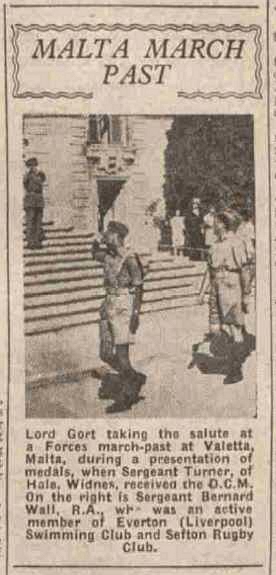 |
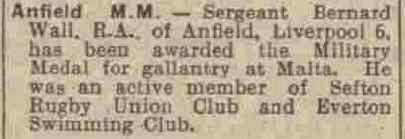 |
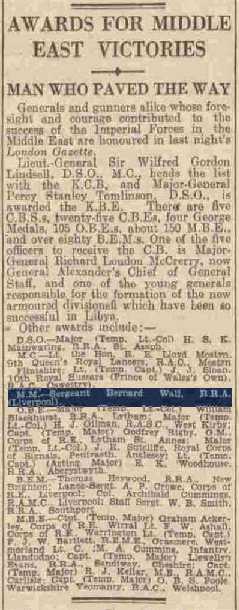 |
|
Liverpool Evening Express
12th Dec 1942
|
Liverpool Evening Express
26th Feb 1943
|
Daily Post 19th Feb 1943
|
After the war Barney took the tenure of Sefton Chairman for a period of
ten years from 1948-58. The initial four years was the most complex as
the ground had to be re-instated back to a playing condition, see all
the difficulties encountered in
The
Archives. Being a Royal
Artillery man himself Barney must have had
a huge influence over the same Regiment that was occupying his Club.
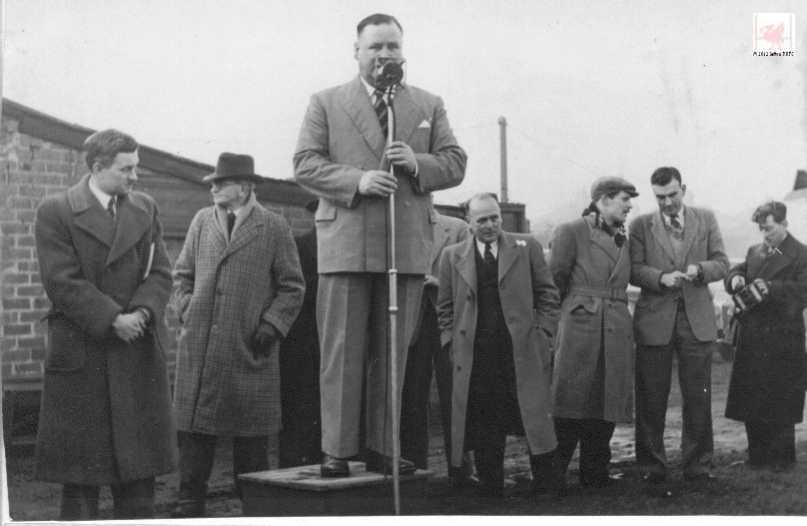
[Barney addresses the
throng at the ground
opening ceremony in 1952]
He
stepped down from Chairman to be
Sefton President in 1958
Barney
passed away 1975 in
Liverpool
Sergeant
Bernard Wall MM
